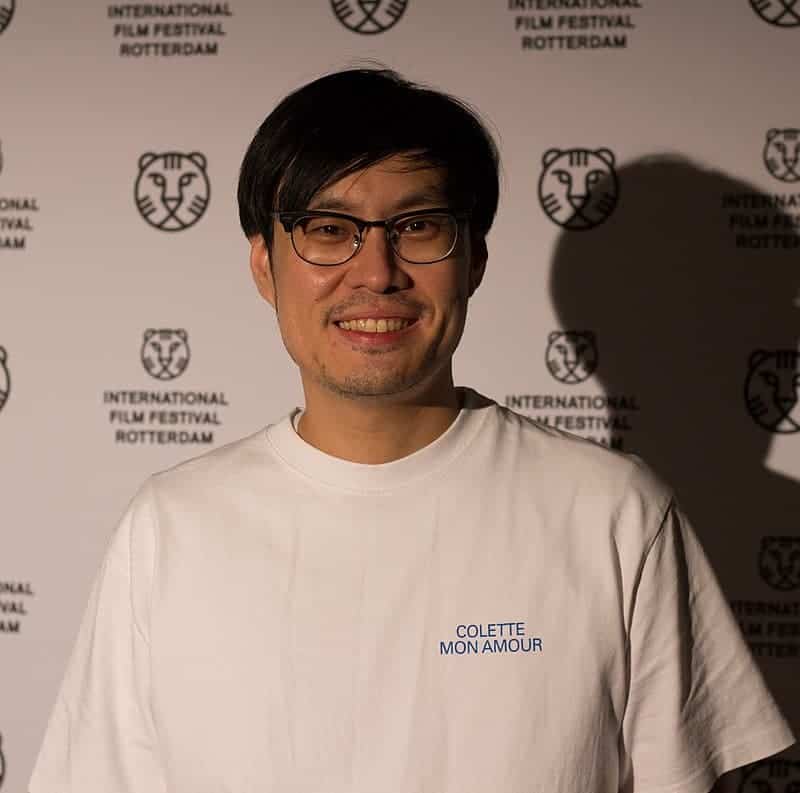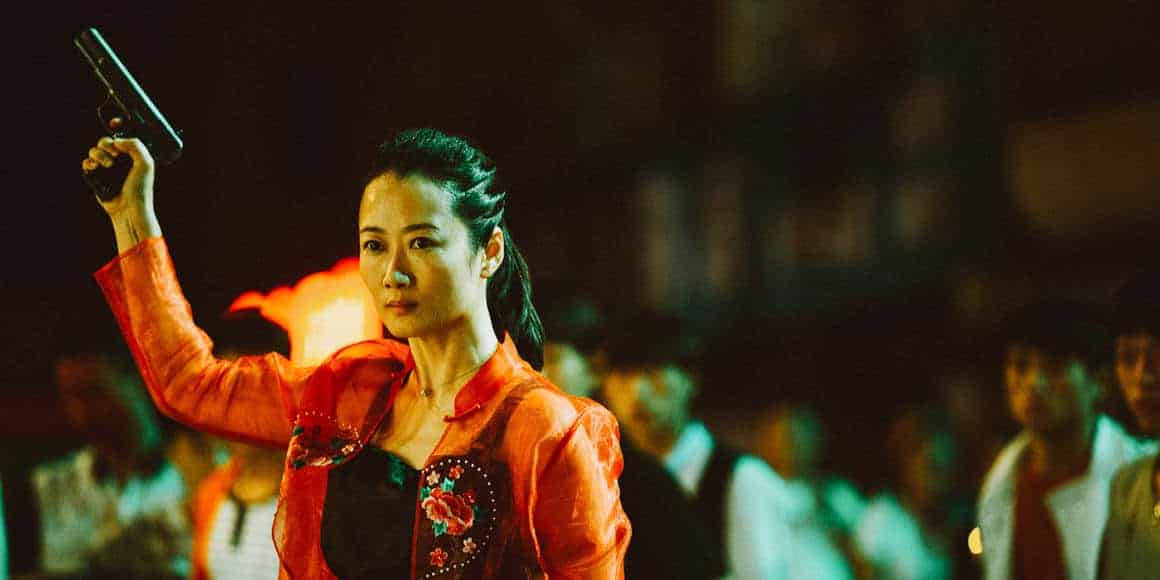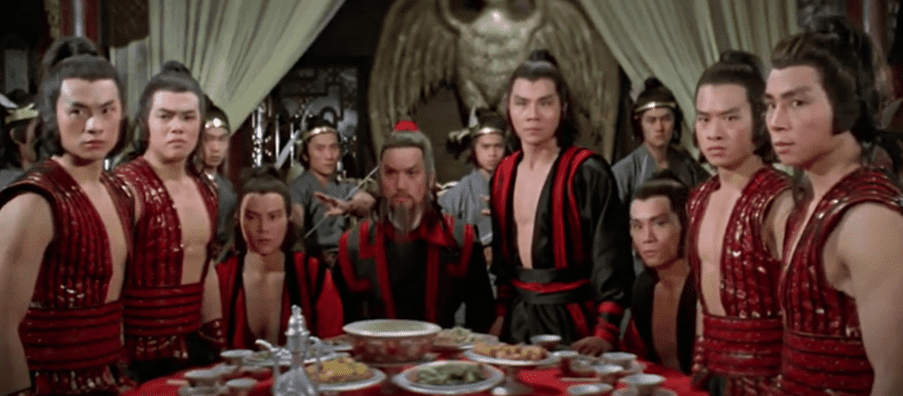5. Memory Box (Joana Hadjithomas and Khalil Joreige, Lebanon)
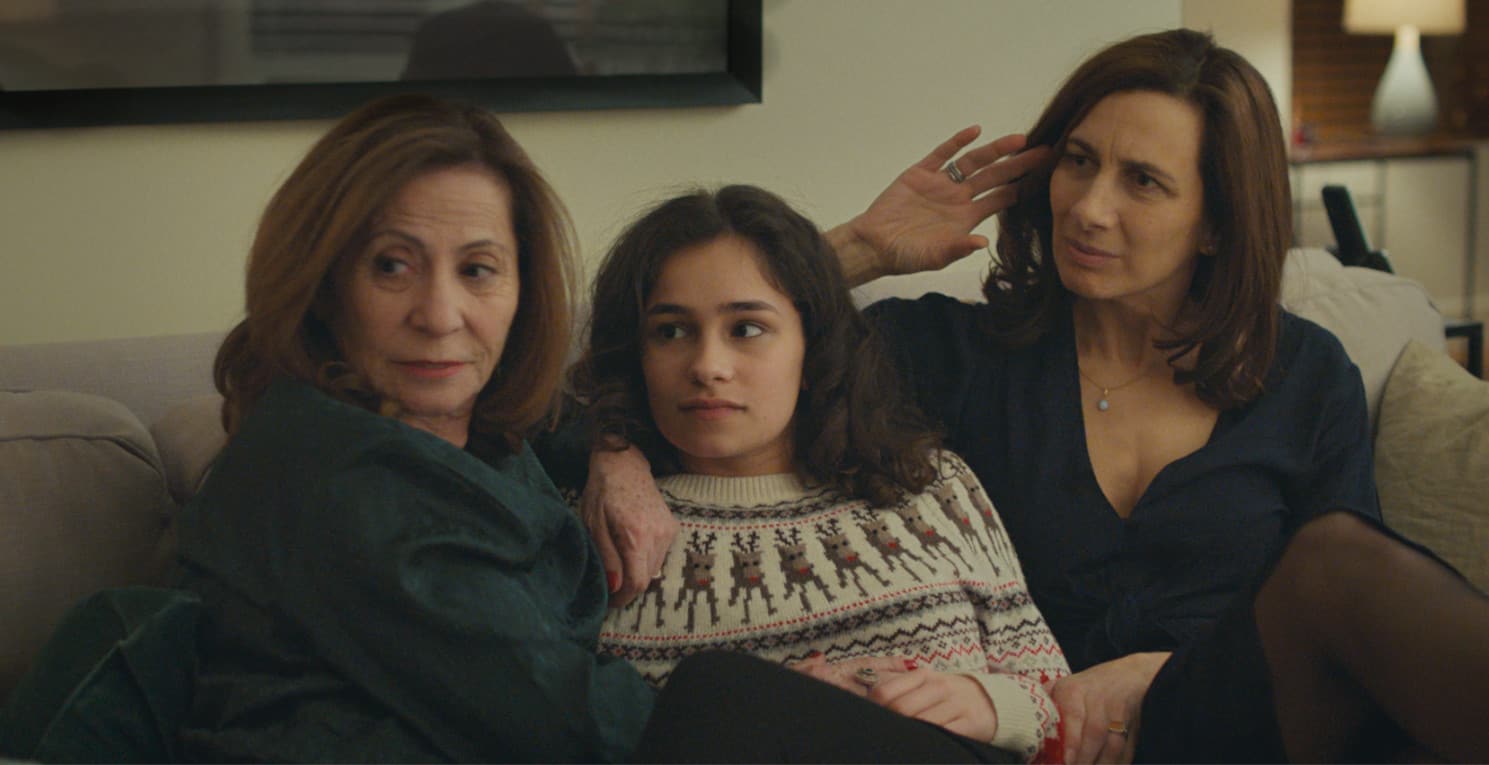
Loosely adapted from co-director Joana Hadjithomas' teenage letters and diaries “Memory Box” is an imaginative multimedia ensemble that magically brings to life memories of Life in Beirut in the 80s during part of the Civil War and at the same time, tells a cathartic story of acceptance across three generations of women. (Adriana Rosati)
4. A Hero (Asghar Farhadi, Iran)

In this realistic, crowded, score-less film, performances are all outstanding, Amir Jadidi as Rahim is a real spectacle: behind his broad smile, he hides desperation, hope and enough ingenuity to counterbalance his stupidity, but he also shows great dignity in sparing one last humiliation to his son at the end of the narration. The final static long shot is a powerful and beautifully framed epilogue of this paradoxical and rather alarming fable. (Adriana Rosati)
Watch This Title
on Amazon

3. Sweetie, You Won't Believe It (Yernar Nurgaliyev, Kazakhstan)
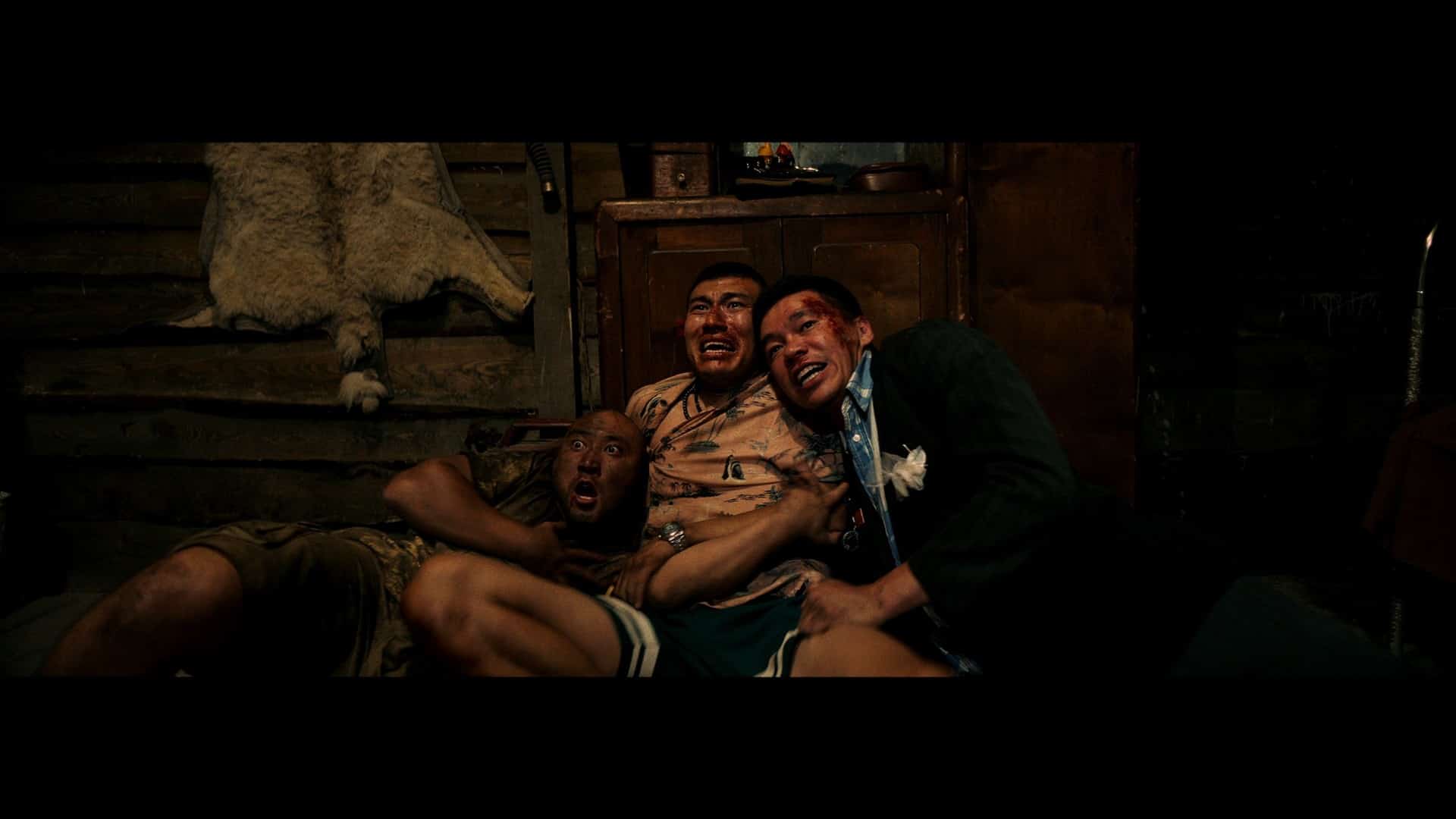
Considering how many people had their fingers hitting the keyboard, ‘Sweetie, You Won't Believe It' is a strangely well-plotted narrative that blends drama, comedy and horror into an irresistible hybrid. Strange as it sounds, the six cooks haven't spoiled the broth. With nods to great genre classics, the film is full of little tribute gems scattered all over its 84 minutes runtime, including the credit cookie with its Romero-esque scene. (Marina Richter)
2. Poet (Darezhan Omirbayev, Kazakhstan)
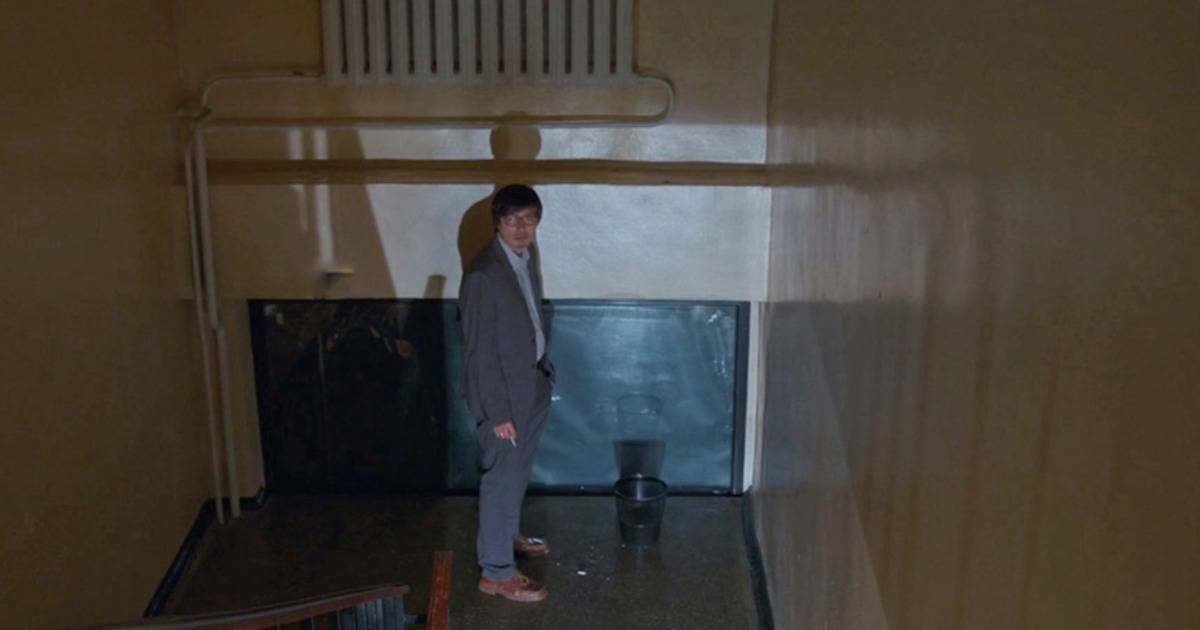
Darezhan Omirbaev creates a rather intriguing narrative, highlighting how the fact that the world is changing is affecting art, language, profession, and even the mentality of people, with his focus being on a number of individuals whose capacities and overall attitude seems to be on the brink of extinction, both literally and metaphorically. One of the most interesting is the way he uses Didar as the observant of what is happening around him, all the changes and events that lead to the aforementioned concept, in a way that, essentially, “dictates” the view of the spectator, as the latter sees everything through the eyes of the protagonist. (Panos Kotzathanasis)
1. Rehana Maryam Noor (Abdullah Mohammad Saad, Bangladesh)
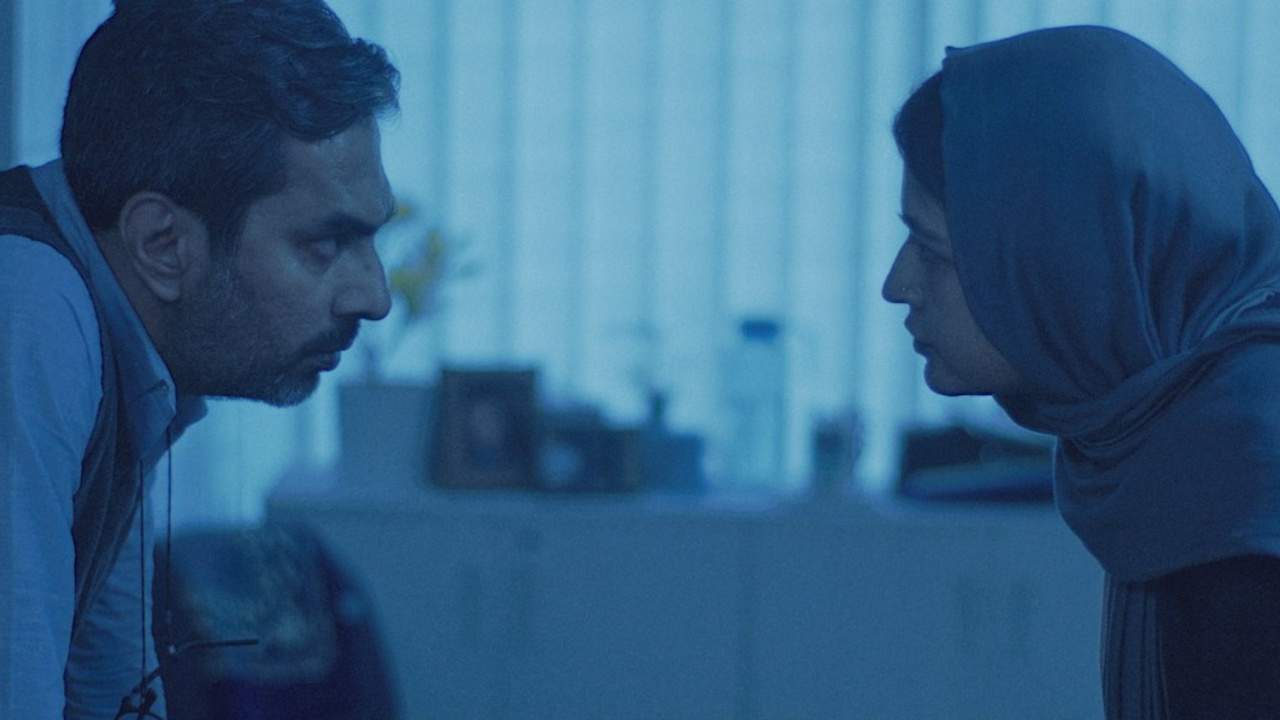
Abdullah Mohammad Saad creates a movie that essentially functions as a thriller, with the tension and agony starting from the first frame and never actually ceasing, as the classes, the corridors and the offices of the Academy create a claustrophobic sense that gives the a labyrinthic sense to the whole narrative, as Rehana seems to be unable to get away from this maze both herself, but most of all, the system has placed her in. Even more, as time passes, it becomes obvious that she gets more entangled in it, an aspect that presents Saad's main comment here, that in the excessively patriarchal Bangladeshi society, a woman trying to do the right thing does not have much hope to achieve anything, only to make things worse for herself. (Panos Kotzathanasis)



